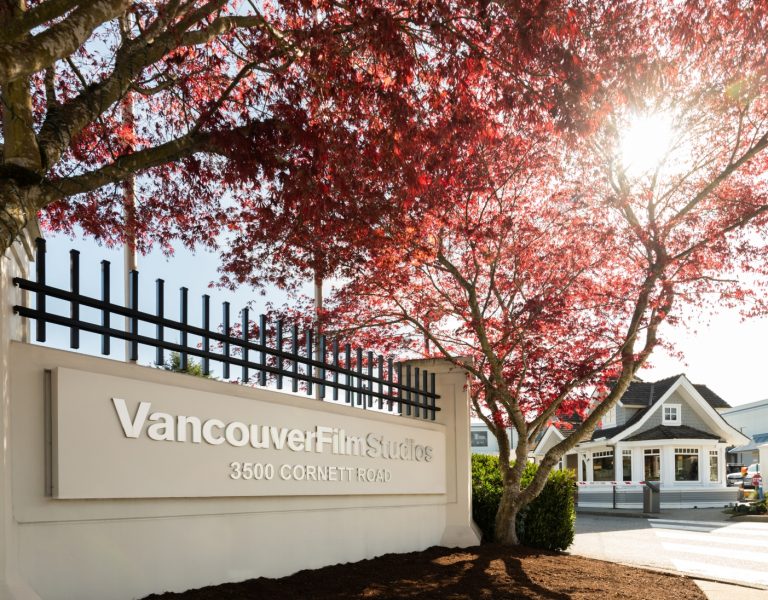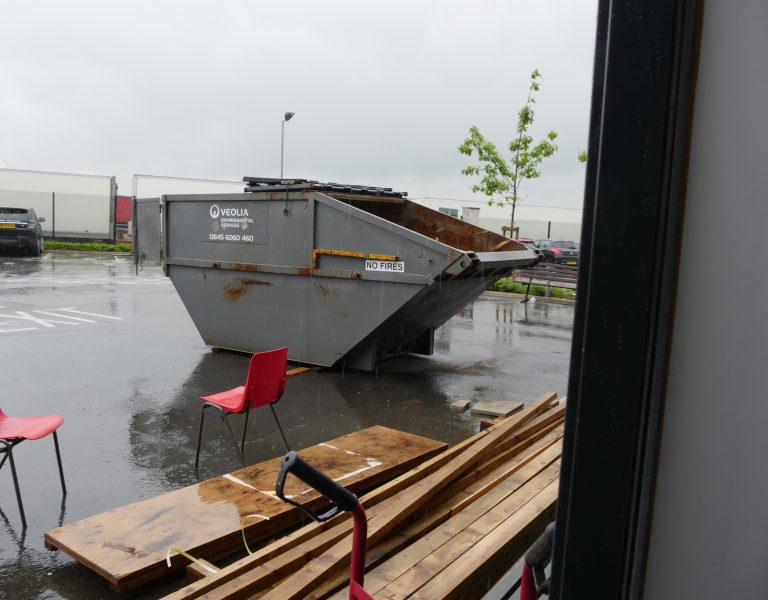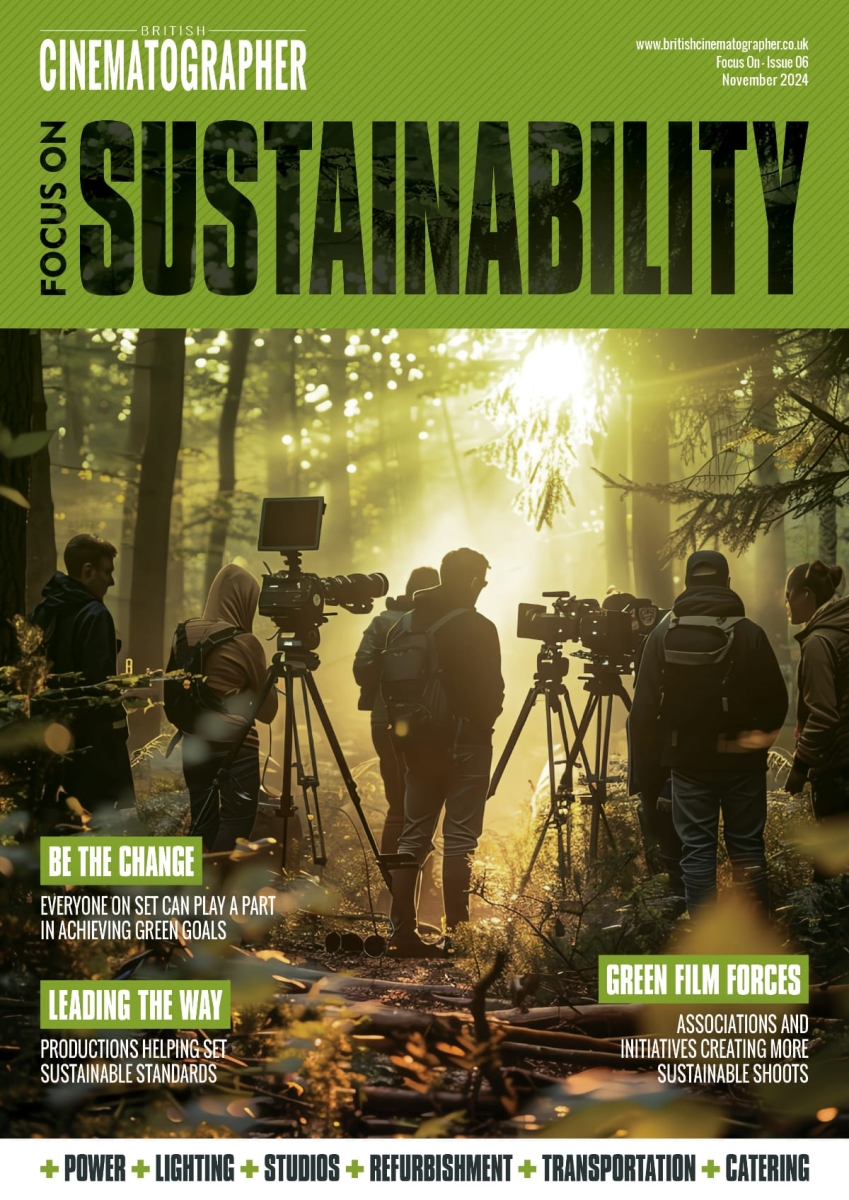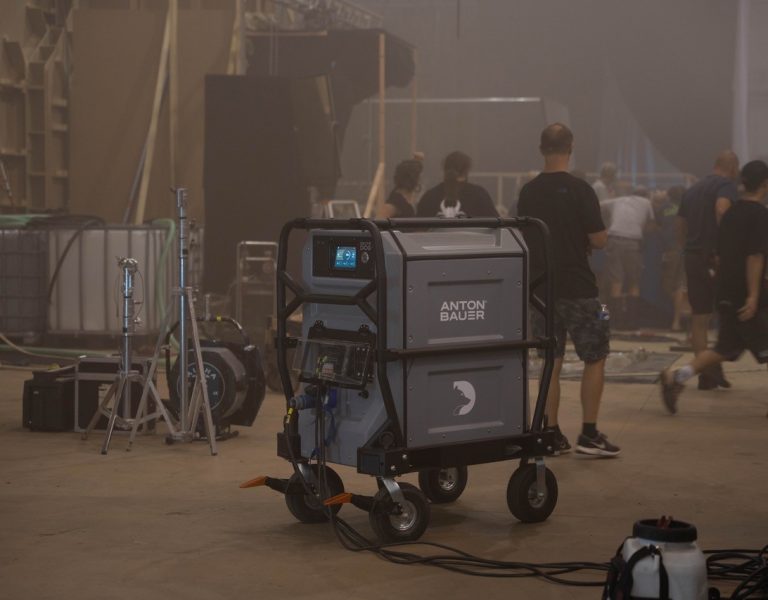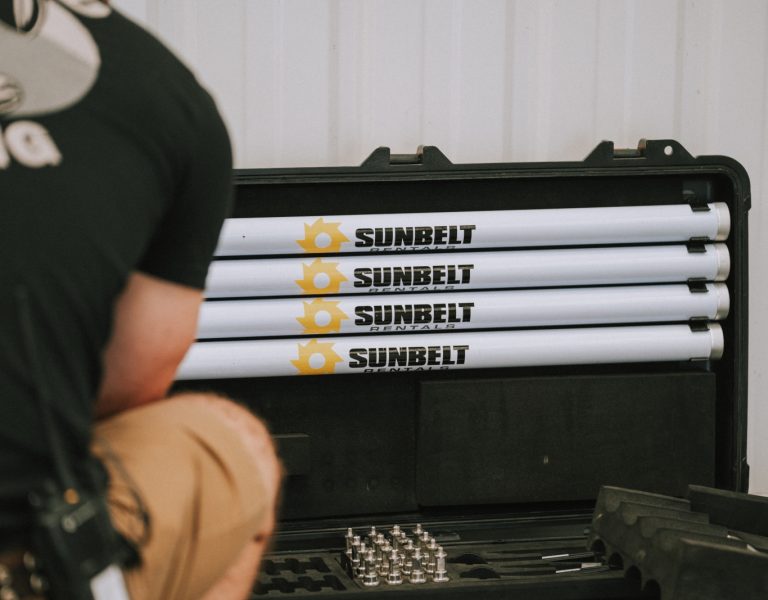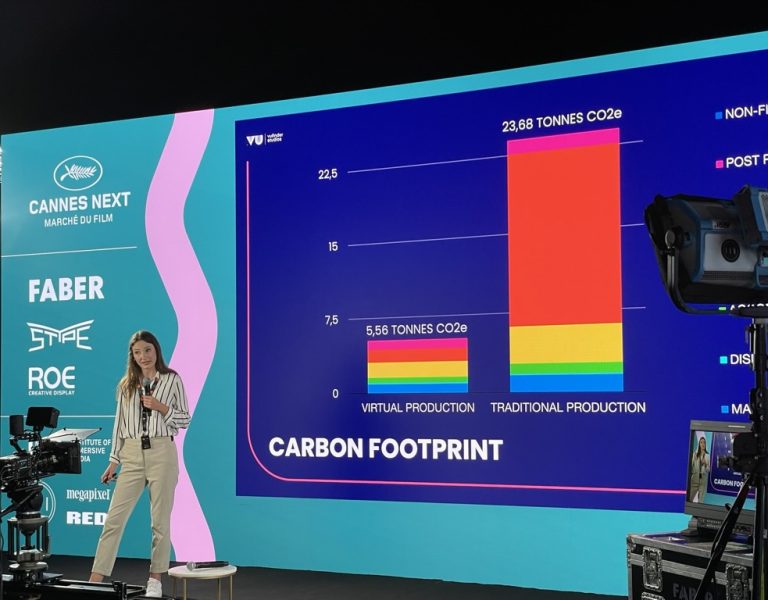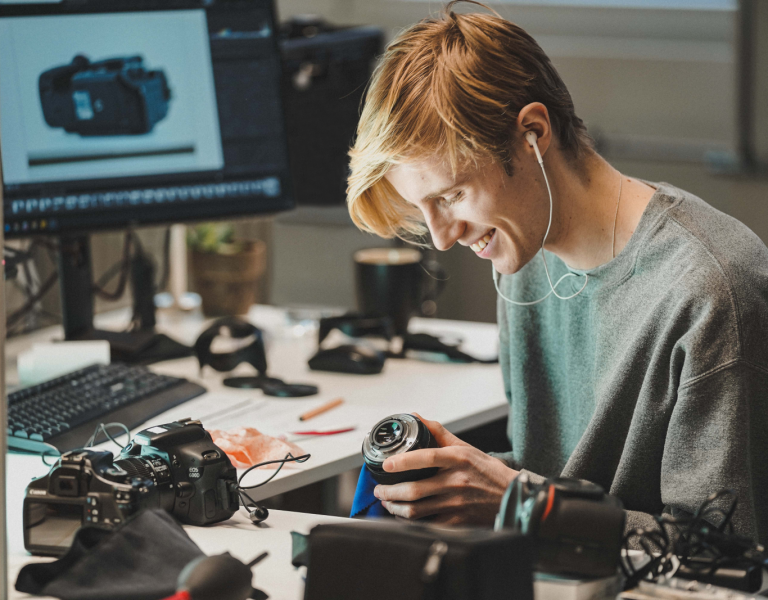INNOVATIVE PRODUCTION PRACTICES SET NEW SUSTAINABILITY STANDARDS
A campaign demonstrates innovative methods for integrating sustainability into production, from virtual worlds to plant-based diets, reducing environmental impact.
This year’s Mastercard BRIT Awards campaign, supported by CRAFT and McCann, showcased how brands can effectively address the environmental impact of their marketing productions. The campaign, which included TV idents, stills, and documentaries, demonstrated innovative approaches to reducing carbon footprints, waste, and overall environmental impact. Early on, producers enlisted Philip Briggs as the sustainability lead to guide these efforts. The role of sustainability lead was established as BAFTA albert began building out sustainability departments, reflecting its importance. “The dream is to have a sustainability department on every shoot. It’s a new role, but a really important one as it makes a huge difference,” says Zara Balfour, the campaign’s producer. For this campaign, students from The BRIT School devised concepts for three unique virtual worlds, which were then brought to life with 3D immersive VFX by professionals.

Mastercard’s decision to invest in sustainable production practices stemmed from its commitment to reducing environmental impact and encouraging partners to do the same. Charlie Carrington, senior vice president of marketing and communications for the UK and Ireland at Mastercard, explains, “Marketing activities contribute to Mastercard’s Scope 3 emissions. As we aim to decouple business growth from emissions, Mastercard’s media, events, and sponsorship teams are working with partners like CRAFT and McCann to trial and establish innovative, sustainability-aligned marketing and communications activities.”
The production team made several key decisions to minimise environmental impact. They used FSC-certified wood, non-toxic paints, and vegan make-up. They also focused on reducing power usage, opting for recyclable materials in the art department, and ensuring all props had post-shoot uses. “One of the biggest things you can do to lower your environmental impact is change your diet to plant-based,” Balfour adds. “So, we made the whole shoot vegan. I thought we’d get a lot more pushback than we did.”
Virtual production was chosen over location shoots for its lower carbon footprint. Final Pixel ran the on-set virtual production at its bespoke designed pop-up volume, in collaboration with Nightsky, which was set up at RD Studios. “Final Pixel’s team of WorldBuilders harnessed the power of Unreal Engine to design immersive 3D environments, allowing the Brit School students’ creative visions to come to life, all from the controllable environment of a studio and without the environmental impact of a traditional construction heavy studio shoot,” says Michael McKenna, CEO & co-founder, Final Pixel. “This innovative approach not only helped reduce the carbon footprint but also allow the students to feel fully immersed in their performances.”
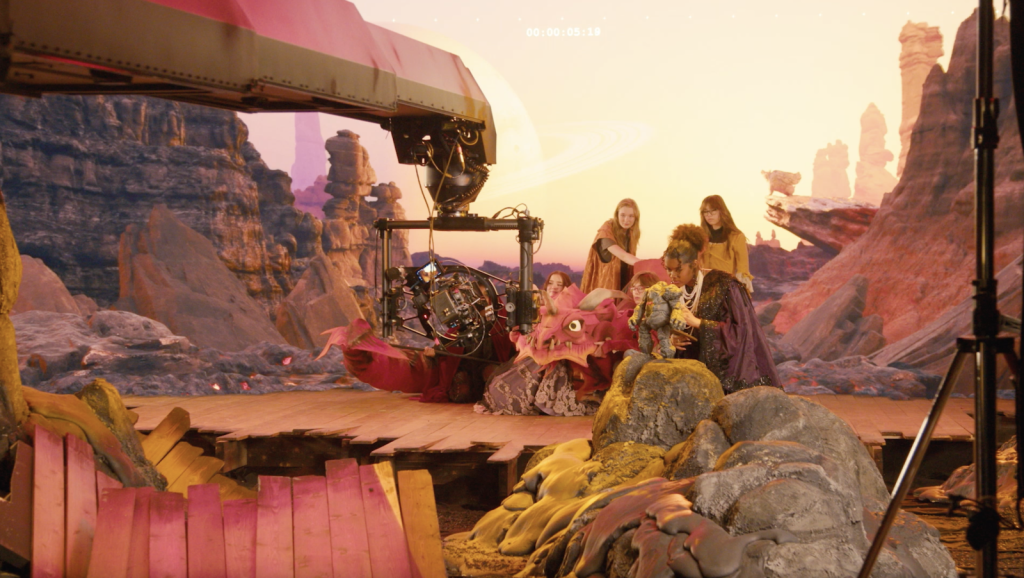
Cinematographer Paul Mackay, who had also worked on the previous year’s BRIT Awards Mastercard project, highlighted the thorough environmental considerations taken. “We couldn’t use anything but LED lights,” Mackay says. “The electricity generated at the studio was solar, nothing was printed, and all food was vegan. Plates and cutlery were compostable. Every detail was considered, from recyclable sets and props to banning single-use plastic. I’ve never been part of a project that paid so much attention to environmental aspects.” Despite this scale of sustainability, Mackay found the process similar to regular shoots from a director of photography perspective.
Mackay used the ARRI LF and Panavision 50mm Primo Artiste lens for the project, achieved through a continuous move with a Titan motion control beam. His first experience with virtual production using Unreal Engine was exciting due to the real-time adjustments possible. “This represents the future of ambitious backdrop work. Instead of travelling to a location like a beach in Fiji, we can create it on a screen in London,” explains Mackay. “This saves a lot of air miles and significantly alters the carbon footprint.”
The key to future shoots lies in involving a sustainability lead from the start to collaborate with heads of department. “Planning ahead with sustainability advice from the outset ensures that everyone is aligned before bringing in crews,” says Briggs. “This project was a pleasure to work on. It’s crucial to get young people to think differently about these issues, especially given the current climate.”

–
Words: Oliver Webb









